| Price | £7.00 Original price was: £7.00.£0.99Current price is: £0.99. | £7.00 Original price was: £7.00.£0.99Current price is: £0.99. | £11.00 Original price was: £11.00.£0.99Current price is: £0.99. | £7.00 Original price was: £7.00.£0.99Current price is: £0.99. | £6.00 Original price was: £6.00.£0.99Current price is: £0.99. | £6.00 Original price was: £6.00.£0.99Current price is: £0.99. |
| Content | This text explains in detail the meaning of Worship and Intention, as well as how different stages of worship are acquired. He then goes on to explain the different actions of Prayer in detail, such as the first Takbir, & the recitation of the Suras
Heavily subsidized by www.islamicthought.co.uk | This text presents an analysis of polytheism with respect to God and idols, using the Holy Quran as reference. It also studies idolatry with respect to resurrection and refutes that concept logically while explaining the essence of monotheism.
HEAVILY SUBSIDIZED BY WWW.ISLAMICTHOUGHT.CO.UK | Principles of good governance in the letter of Ali to al-Ashtar refers to a set of instructions and advice for rulers, reputedly addressed at Malik al-Ashtar (d. 657), the Arab military commander and an ardent supporter of Ali ibn Abi Talib (d. 661), who was the fourth Rashidun caliph (r. 656–661), the first Shia imam, and the cousin and son-in-law of the Islamic prophet Muhammad. The letter is attributed to Ali and outlines his conception of just and righteous governance, following the appointment of al-Ashtar as the new governor of Egypt circa 657 CE. Among the earliest extant records about Islamic rule, the letter has received considerable attention throughout the Muslim history as a blueprint for Islamic governance. The theme of the letter can be summarized as justice and compassion for all, regardless of class, creed, and color. Malik was killed en route to Egypt to assume his new post at the instigation of Mu'awiya, the archenemy of Ali.
HEAVILY SUBSIDIZED BY WWW.ISLAMICTHOUGHT.CO.UK | This book by Ayatullah Baqir Al Hakim Book 2 of 7. Covering many aspects of life. Ayatulluh Baqir al Hakim is son of Grand Ayatullah Mohsin Al Hakim and also the the first leader after Saddam. He was killed in in Najaf Al Ashraf, joining rest of Shaheeds from his family of 72. Topics covered 1 Creed 2 Ethical aspect 3 Cultural aspect 4 Seeking knowledge 5 Variety in Education 6 Scietific- Hawzah 7 Grief and weeping 8 The tragedy of Karbala 9 Imam Mahdi (as) | This book contains word searches in following topics. 1Naflah 2 Qasr 3 Ghusl 4 Mayyit 5 Salaatjamaat 6 Sakaraat 6 Afterdeath 7 Ehkame 8 Hunoot 9 Kafan 10 Quboor 11 Barzakh 12 Grave 13 Squeezing 14 Ijara 15 Walidan
HEAVILY SUBSIDIZED BY WWW.ISLAMICTHOUGHT.CO.UK
| Al-Ṣaḥīfa al-Sajjādiyya (Arabic: ٱلصَّحِيفَة ٱلسَّجَّادِيَّة, lit. 'The Scripture of al-Sajjad')[a] is a book of supplications attributed to Ali ibn Husayn Zayn al-Abidin (c. 659–713), the great-grandson of the Islamic prophet Muhammad, the fourth Twelver Shi'a Imam and the third Ismaili Shi'a Imam. A seminal work in early Islamic spirituality, the book is considered to be the oldest prayer manual in Islamic sources. Shia tradition regards the book with great respect, ranking it behind the Quran and Ali's Nahj al-Balagha. Fifty-four supplications form the main body of Al-Sahifa, which often also includes an addenda of fourteen supplications and fifteen munajats (lit. 'whispered prayers'). Al-Sahifa is often regarded as authentic by the specialists in the science of hadith. Chittick describes the book as "one of the deepest veins of Islamic spirituality," while Husain Mohammad Jafri posits that the supplications in Al-Sahifa embody the answers to many of the spiritual questions faced by the man of our age.
HEAVILY SUBSIDIZED BY WWW.ISLAMICTHOUGHT.CO.UK |

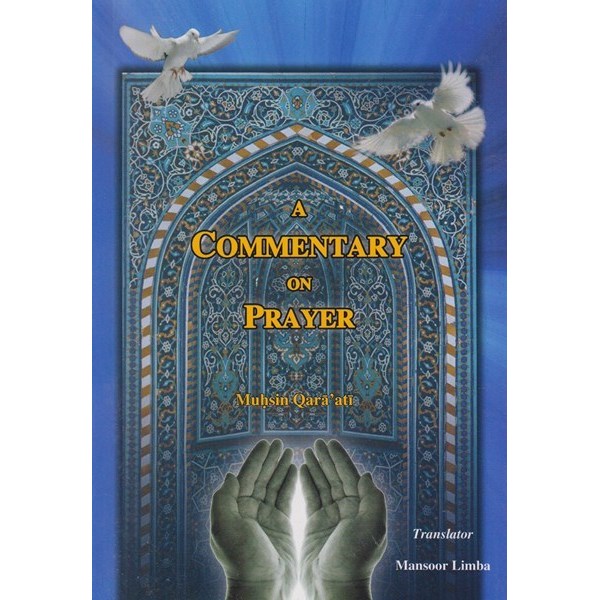
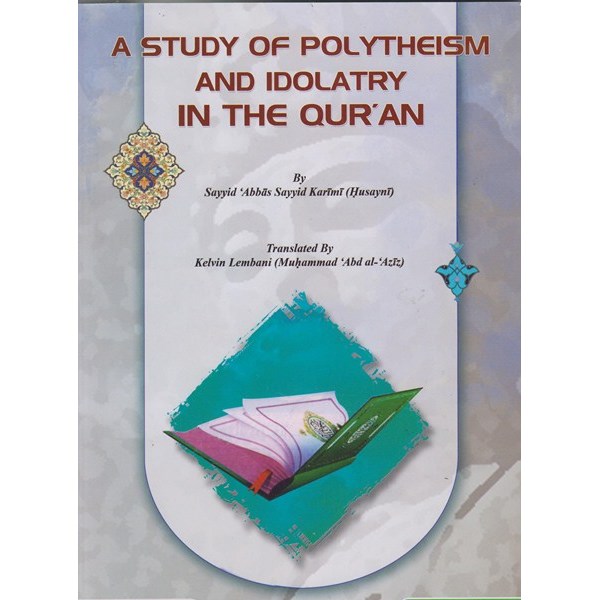

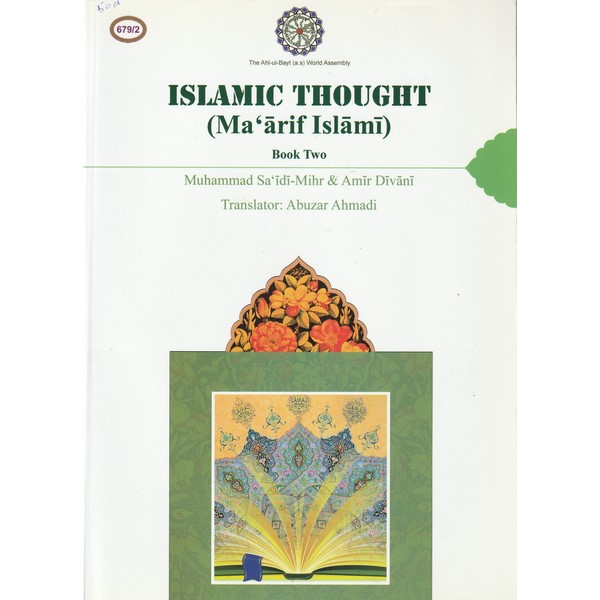

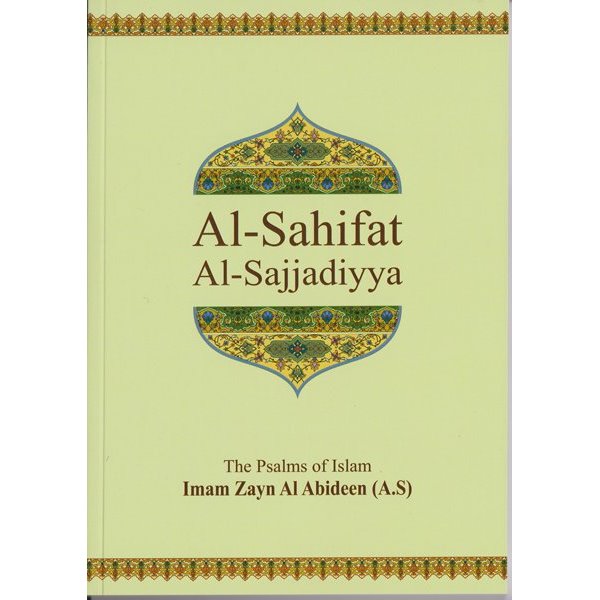



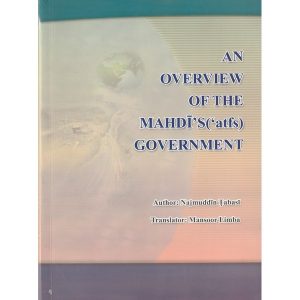

Reviews
There are no reviews yet.